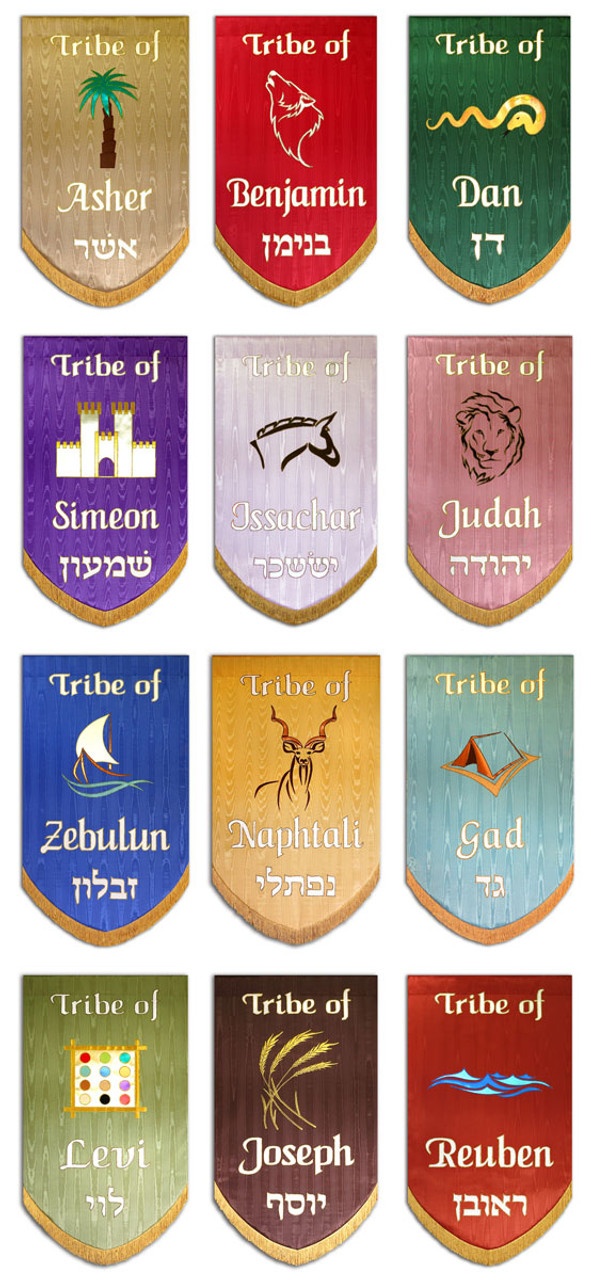Metaphors: Resurrection & the Life
July 7, 2024Pastor Patrick presented today's message, "Metaphors: Resurrection & the Life." Here's a video of the message.
Are there resurrections in the Old Testament? Yes. Resurrection of the widow's son in 1 Kings 17:17-22. The resurrection of the Shunammite's son in 2 Kings 4:18-37. Resurrection of the man thrown into Elisha's grave in 2 Kings 13:20. There are more.
What about in a metaphorical sense? Again, yes. Abraham, Isaac, and Jacob all had barren wives. Miraculously, they all conceived. This resurrected the line of the patriarchs. Speaking of Isaac, he was figuratively resurrected when God stopped the sacrifice. Noah and his family represent a resurrection of mankind. Joseph is resurrected from the pit and Daniel from the lion's den. The list actually goes on...
Speaking of the patriarchs, how does God keep His promise to them of the Promised Land? They died long before. Only with a resurrected soul in an afterlife would they see the fulfillment of the promise to them. Mitch Chase put it like this: "So death doesn't make God a promise-breaker; and resurrection will prove he is a promise-keeper."
Taking the metaphor in a different direction, we talk of people "rising from the ashes." I did a class once called "Out of the Ashes: Stories of Resurrections." Here's the outline of the course.
Bonus
Flags of the Torah
 Having recently started an interest (passion?) in flags of and in the USA, it crossed my mind: are there mentions of flags in the Torah?
Having recently started an interest (passion?) in flags of and in the USA, it crossed my mind: are there mentions of flags in the Torah?Turns out the answer is yes. Well, sort of. There does not seem to be any clear Old Testament mention of a piece of cloth flapping in the breeze with a design on it atop a pole of some kind. However, in a more general sense, there are references to what we might call vexilloids, a flag-like object that identifies a group (e.g. country, family, etc.). This would include "hard" objects at the top of poles as well as banners and flags. These were often for military purposes, aggression and/or defense.
One of the Hebrew words that we might translate as "flag" is nissi (from nasas, נֵס), the root meaning standard, ensign, signal, or sign (as in "this shall be a sign unto you").
One of the names for God used in Exodus 17:15 is Jehovah Nissi, the Lord our Banner. Banner is used metaphorically, sometimes, to mean God's protection or aid (as in Psalm 20:5).
Numbers uses degel as flag, standard, or banner (e.g. 10:14, דֶּגֶל) when talking about the flags that identified each Israelite Tribe. This would have been roughly 15th Century BC. While there is no real description in the Bible as to what each tribe's banner looked like, over the years rabbis have developed ideas of what these "standards" may have looked like, as have more modern folks as well (see the picture at right and above from ChristianBanners.com).
Here's an interesting article: Spiritual Symbolism of Flags: Exploring the Biblical Meaning.
Here's another good article: Israel National Symbols: The Israeli Flag.
I mentioned at the start of this discussion that I have developed an interest in flags of/in the USA. I've got a webpage going: Flags of/in the USA.
.
Bonus2
Ten Ideas the Torah Gave the World
An article at aish.com discussed this list: 10 Ideas Judaism Gave the World. Read the article (six minutes, they say) for the discussion of the items below.
1. Monotheism
2. The Week(end)
3. Census
4. Asylum
5. Equality under the Law
6. Court System
7. Animal Rights
8. Crop Rotation
9. Monetary Damages
10. Public School (later Judaism)
Bonus3
New British Prime Minister is a Practicing Jew
Keir Starmer was recently elected and officially accepted the role of prime minister of the United Kingdom on July 5, 2024.
Starmer and his family are practicing Jews. It's interesting to note that the opposition noted that "he won't work on Friday evenings" (Shabbat) because he's Jewish, as if that was a bad thing.
One of his goals is to root out antisemitism in the Labour Party (to which he belongs).
Here's an article from the Jewish Chronicle about his being Jewish: Starmer: Our kids are being brought up to know their Jewish backgrounds.
The only other Jewish prime minister of Britain was Benjamin Disraeli. He, too, led a movement against antisemitism. He served briefly in 1867 and then was elected himself in 1874 and served until 1880. He was born Jewish, but was also later baptized (into Christianity), but considered himself mostly Jewish.
Bonus4
"Do not be Afraid"
This is one of the most frequent quotes of the Bible; at least 360 times. It can also appear as "Fear not" as well as other similar phrases. It's often followed with something like "know that I am God."
One of the first such quotes is in Genesis 15:1, "After this, the word of the Lord came to Abram in a vision: 'Do not be afraid, Abram. I am your shield, your very great reward.'" Prager has a very interesting discussion about this verse in his "Rational Bible: Genesis," pp. 177-178. He mentions that it could be God and/or other people that Abram should not fear. He points out that the best way to avoid fear of others is to have faith in God. Whatever others inflict upon you, God will make it right, if not in this life, in the next.